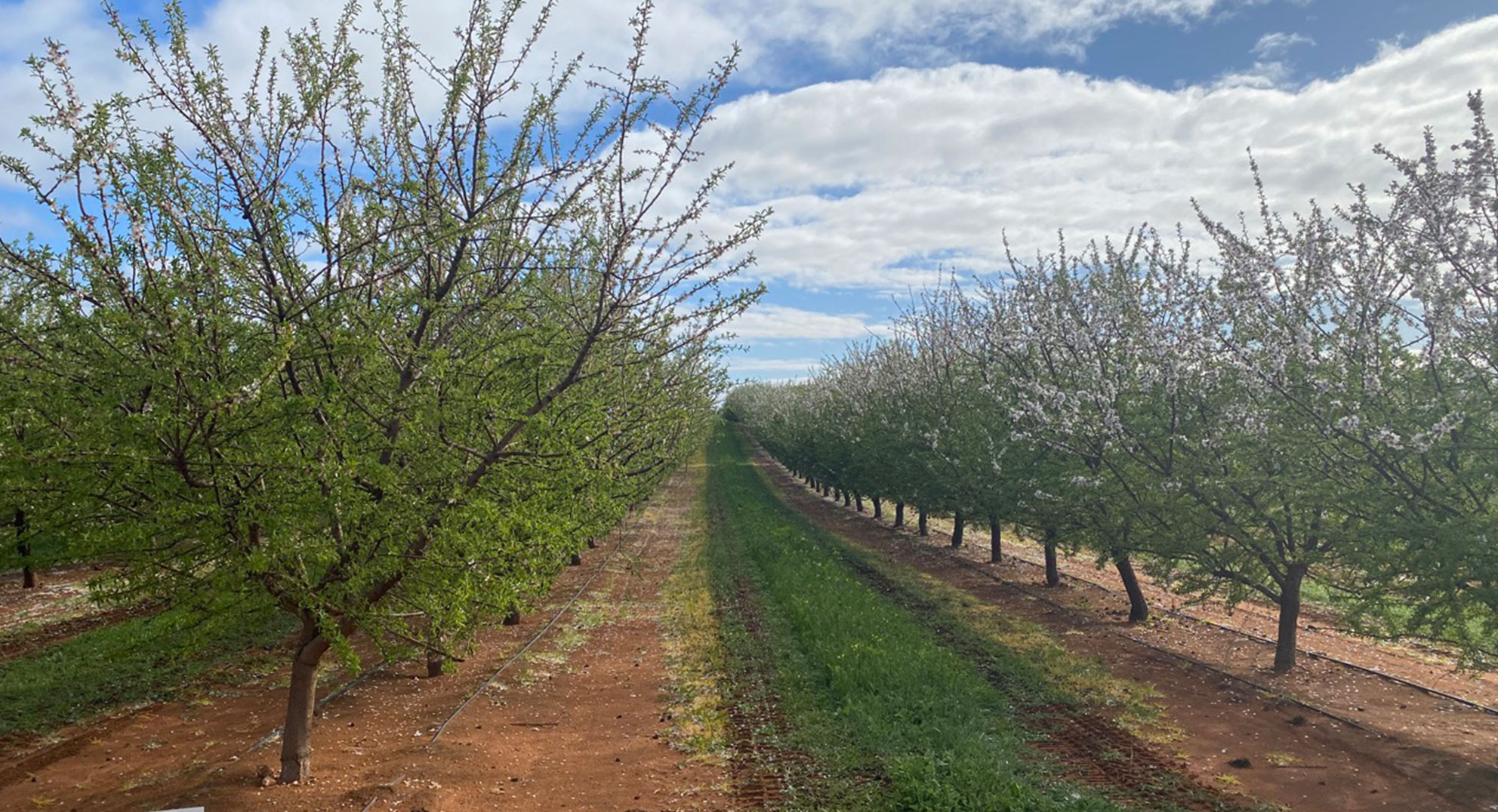Geospatial modelling of region-scale crop water-use to forecast climate change impacts on irrigation demand

Research Lead
Shahin Solgi
Status
In Progress
Project Type
PhD
Timeframe
2024 - 2028
Core Partners
Charles Sturt University, University of Adelaide
Climate change poses significant challenges to global agriculture, including increased water scarcity and variability in crop productivity. By predicting future irrigation demands, this project aims to equip stakeholders with essential information to adapt and plan effectively in the face of these challenges.
About the project
Understanding the impact of climate change on irrigation demand in agricultural areas is critical for ensuring food security, resource management, and sustainable economic development. The project aims to estimate future irrigation water needs across the Murray–Darling Basin to provide insights for stakeholders ranging from government bodies and farm managers to environmentalists. Understanding spatial variations in irrigation needs can help identify regions at risk of water shortages and areas suitable for future agricultural expansion.
The project involves advanced methodologies to forecast irrigation water requirements under different climate scenarios. It focuses on the Murray–Darling Basin due to its size and significance in Australian agriculture. By analysing spatial variations in irrigation demand, the study seeks to provide comprehensive data that supports sustainable water management practices and enhances resilience to climate change impacts.
Utilising state-of-the-art predictive tools, the research will assess how climate change will affect crop water use across the basin. This holistic approach integrates ecological, social, and economic considerations to promote sustainable water use and equitable resource allocation. By identifying areas with varying irrigation needs, the project aims to guide decision-makers in implementing effective adaptation strategies and optimising agricultural production. In conclusion, this study not only addresses current concerns about water scarcity and agricultural sustainability but also provides a forward-looking perspective on how best to manage water resources in a changing climate. By understanding and planning for spatial variations in irrigation demand, stakeholders can work towards a more resilient agricultural sector that supports both environmental conservation and economic growth.
Outcomes
This research will provide valuable insights into how the agricultural sector can adapt to changing climatic conditions, ensuring food security and sustainable water management for future generations. Moreover, this analysis will help pinpoint the areas with the highest agricultural potential and those most vulnerable to future water shortages.